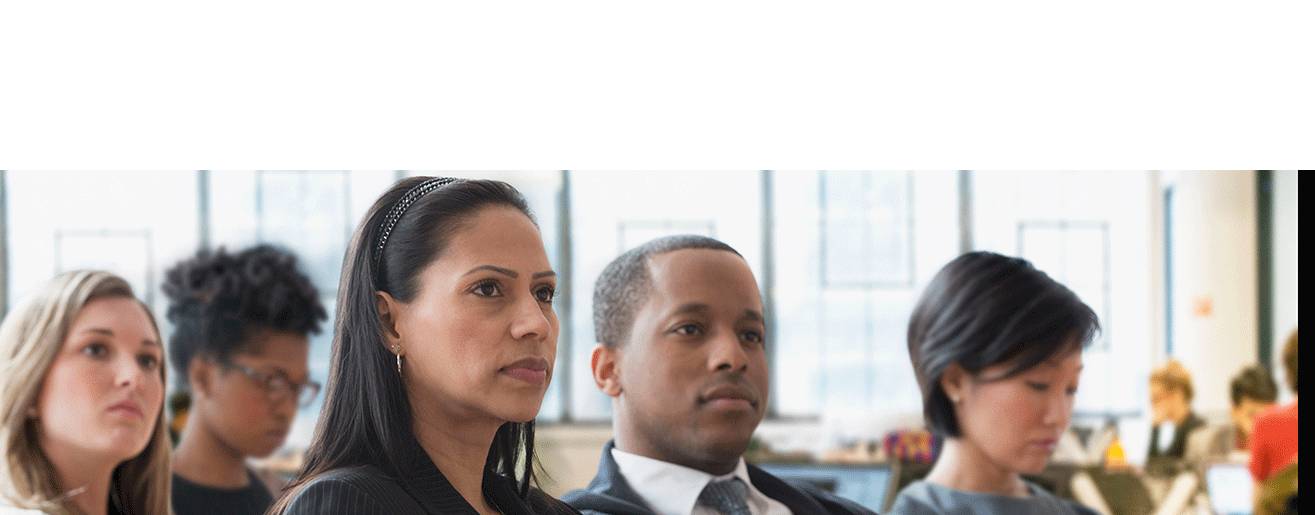What is it Like to be an Economist at a Non-profit?
Describe your current role and responsibilities.
As a survey specialist, my roles and responsibilities vary widely. Primary activities include methodological validation research, questionnaire design, fieldwork supervision, and the organization and implementation of multiple methodological research experiments. In addition to survey design and management, I am responsible for analytical work using data collected under the Living Standards Measurement Study – Integrated Surveys on Agriculture (LSMS-ISA) project.
What inspired you to become an economist?
As an undergraduate I took what I thought to be the practical route of study – Accounting and Finance, with a certificate in International Business. My desire to work in gender issues led me to work at UN Women where I positioned in the operations department. While I believed in the mission of the agency, I was not fulfilled by the work done on the operations end. I consistently admired the work done in the economics unit, and believed that the projects they worked on had a particularly strong impact on the lives women across the world. Empowering women to stand alone economically has positive spillover effects. Upon the realization that I wanted to be working in the economics unit I applied for a Masters in Economics.
How would you describe your experience thus far as an economist in the sector, specifically?
Working in development economics research has been a continual learning experience. In my current position I have an excellent balance of fieldwork and analytical research. The fieldwork keeps me in touch with what is happening on the ground and constantly reminds me why I do the work I do. The analytical research, particularly in the World Bank environment, requires me to constantly expand my knowledge and skills in order to have the most impact.
What economic trends are you currently experiencing or are you passionate about?
Most of my work revolves around agriculture in Africa, with a particular emphasis on soil fertility. My research interests are largely on methodological issues in data collection and analysis.
How would you say your Master’s in Economics has ultimately impacted your role? (i.e., Did you get the degree to become an economist? For additional skills?)
I sought a Master’s in Economics to shift from administrative tasks to a development research and project-based work program. Earning my MA at AU allowed me to do this immediately upon completion of the program. While I have been fortunate enough to work for different organizations that I believe in, my education at AU allowed me to shape my job description in a way that best suits my skillset.
What made American University the obvious choice as opposed to other higher-education institutions for you when it came to your professional goals?
I considered a handful of MA in Economics programs at the time of application. American University stood out for its specialization in development economics and its extensive network throughout Washington, DC. It was my aim to work at a large international organization and studying at American University exposed me to several influential people and organizations.
Please describe an experience or two at work where you were able to apply skills from the program.
Two courses in particular, Development Microeconomics and Project Evaluation in Developing Countries, prepared me for my current position as Survey Specialist. The research projects completed in these courses mirror the work I do on an ongoing basis.
Any additional comments or a story you would like to share that was not covered in the questions above?
I am excited to return to AU this Fall to begin my PhD in Economics!
Learn more about Sydney here.
To learn more about American University’s online Master of Arts Economics, Applied Economics specialization, request more information or call us toll free at 855-725-7614.



